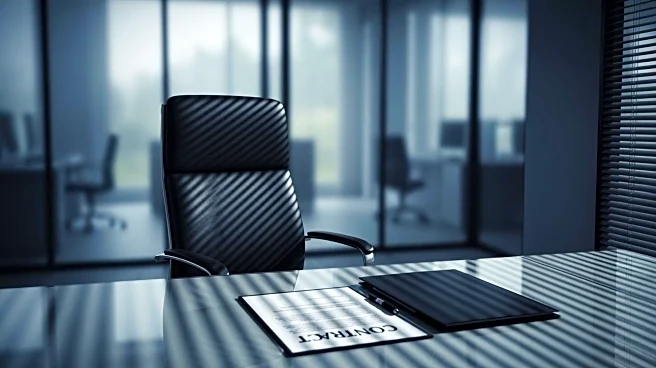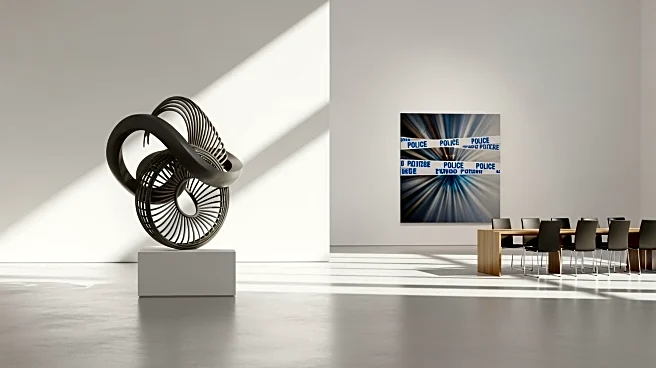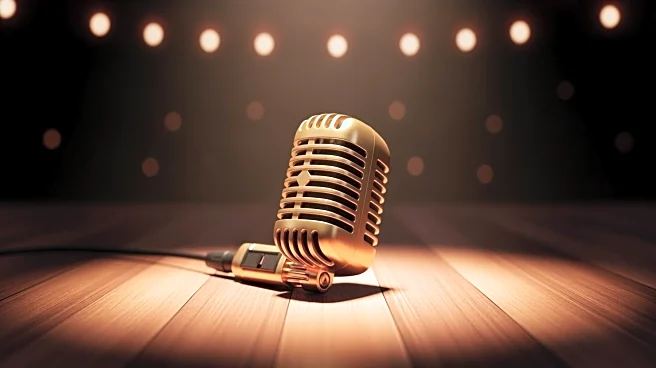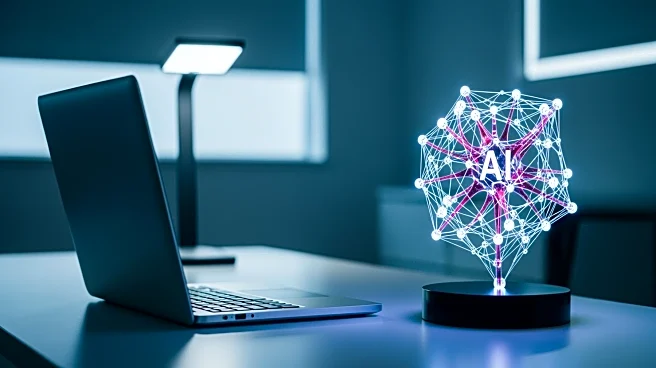What is the story about?
What's Happening?
Millennials are increasingly being identified as the 'hearing loss generation,' with the World Health Organization warning that 1.1 billion young people are at risk of permanent hearing loss. Studies indicate that 10% of millennials, those born between 1981 and 1996, already experience some degree of hearing impairment. Dr. Rachel Trinker, head of audiology at Audien Hearing, highlights that millennials, who grew up with earbuds and frequent concert attendance, may be experiencing higher rates of hearing loss compared to previous generations. Prolonged exposure to loud sounds from headphones and concerts can damage the delicate hair cells in the inner ear, leading to irreversible hearing loss. This condition is linked to further health issues such as cognitive decline, depression, and social withdrawal.
Why It's Important?
The growing prevalence of hearing loss among millennials has significant implications for public health and societal well-being. Hearing loss can lead to cognitive decline and social isolation, affecting mental health and quality of life. As millennials age, the economic burden on healthcare systems may increase due to the need for hearing aids and other interventions. The stigma surrounding hearing aids is diminishing, encouraging early intervention and potentially reducing the progression of hearing loss. This shift in perception is crucial for maintaining communication abilities and overall engagement in social activities.
What's Next?
Experts recommend several preventive measures to mitigate hearing loss among millennials. The 60/60 rule advises keeping audio at 60% of maximum volume for no more than 60 minutes at a time. Regular hearing tests are encouraged to establish a baseline and monitor changes over time. Ear protection at loud events and environments is also advised to prevent permanent damage. As awareness grows, more millennials may seek early intervention through hearing aids, which can enhance communication and prevent further deterioration of hearing abilities.
Beyond the Headlines
The issue of hearing loss among millennials also raises ethical considerations regarding the responsibility of technology companies and event organizers to promote safe listening practices. The cultural shift towards accepting hearing aids as a tool for all ages reflects broader changes in societal attitudes towards health and wellness. Long-term, this could lead to increased innovation in hearing technology and more inclusive design in audio products.
















